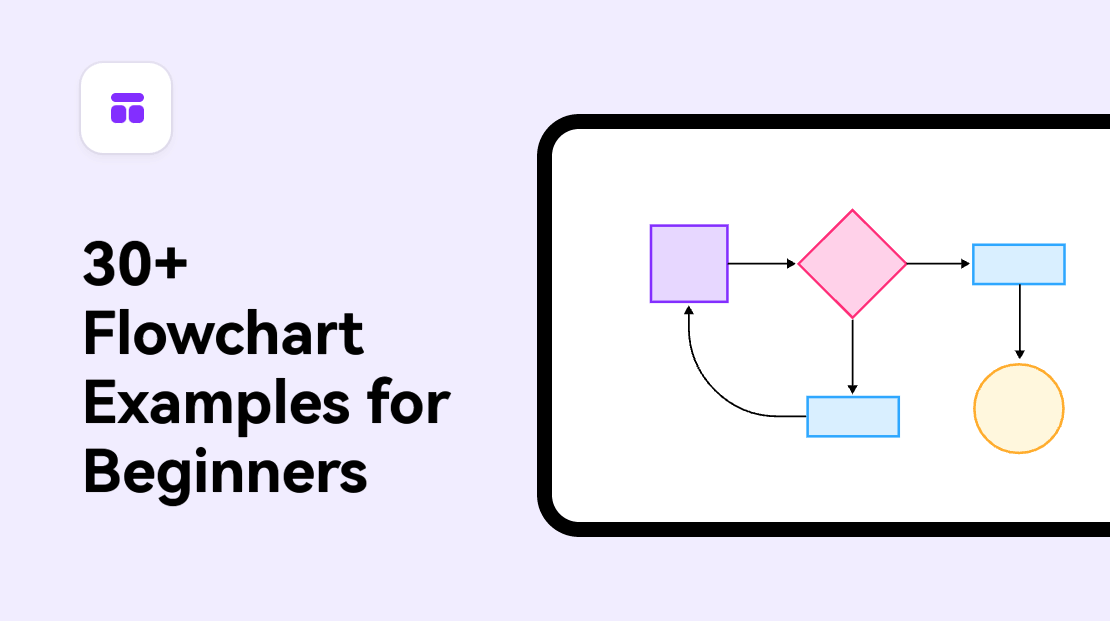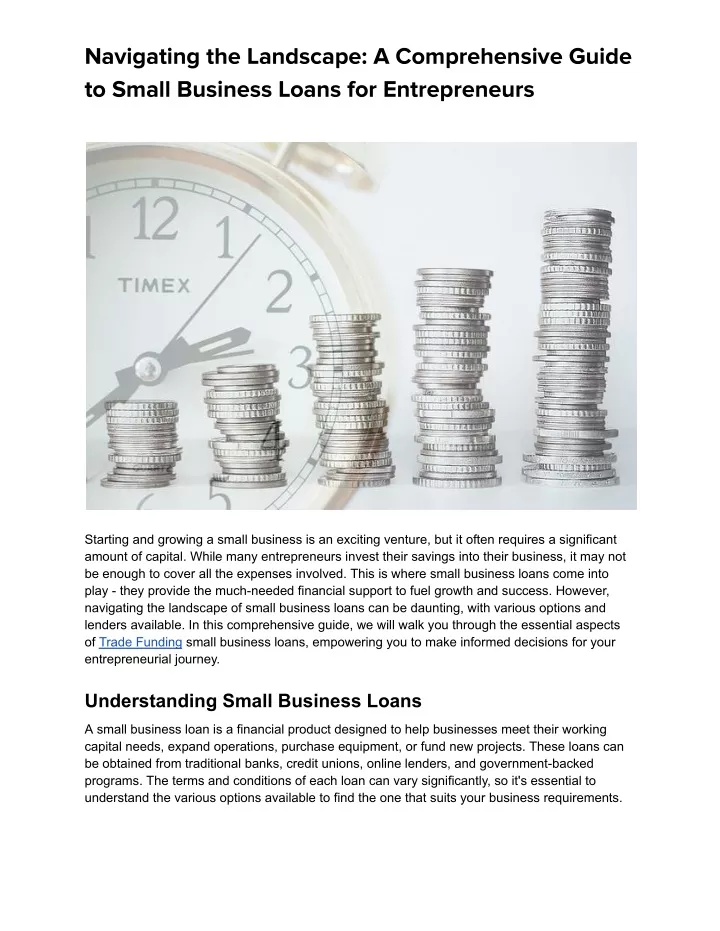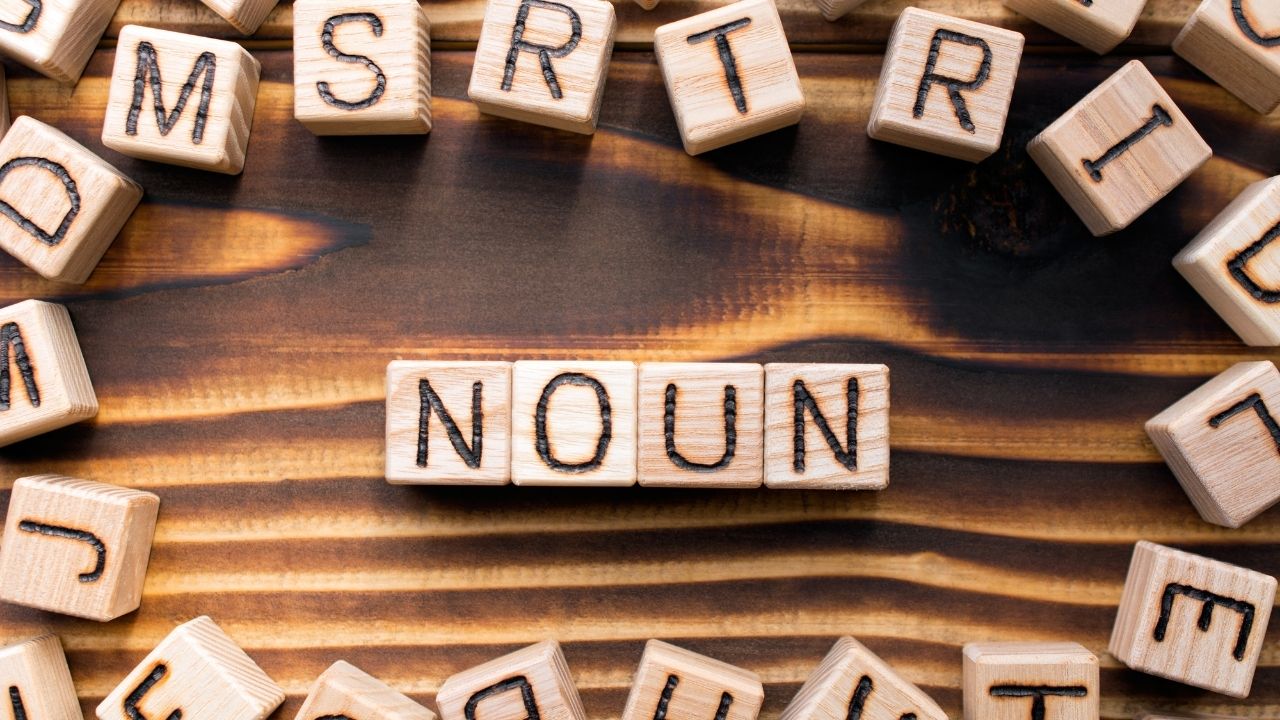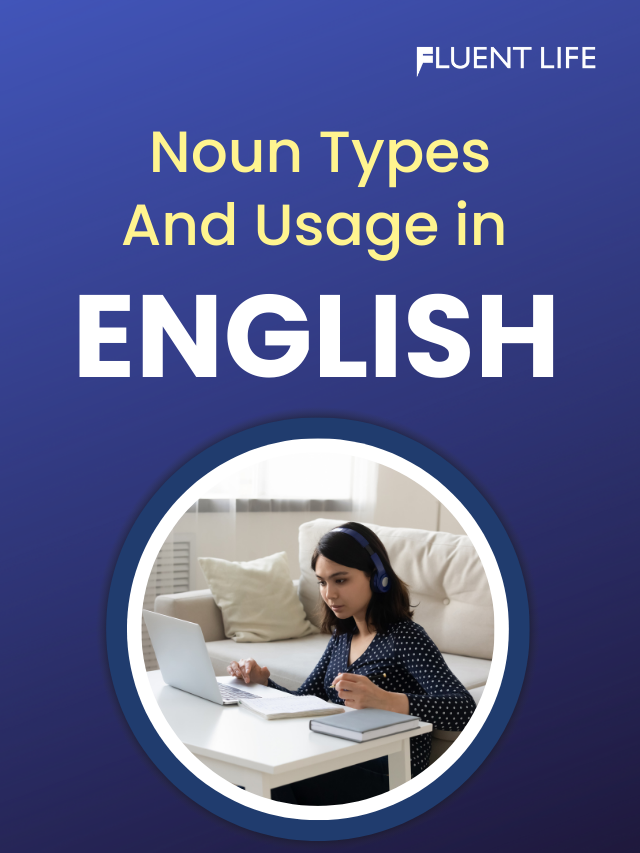Navigating the Noun Panorama: A Complete Flowchart and Examples
Associated Articles: Navigating the Noun Panorama: A Complete Flowchart and Examples
Introduction
With nice pleasure, we are going to discover the intriguing matter associated to Navigating the Noun Panorama: A Complete Flowchart and Examples. Let’s weave fascinating data and provide recent views to the readers.
Desk of Content material
Navigating the Noun Panorama: A Complete Flowchart and Examples

Nouns, the elemental constructing blocks of sentences, characterize folks, locations, issues, and concepts. Understanding their numerous sorts and features is essential for mastering grammar and efficient communication. This text presents an in depth flowchart designed to navigate the complexities of noun classification, complemented by quite a few examples to solidify your understanding.
I. The Noun Flowchart:
The flowchart under supplies a scientific strategy to figuring out and classifying several types of nouns. Observe the arrows based mostly on the traits of the noun in query.
[Start]
|
V
Is it an individual, place, factor, or concept?
|
V
Sure --> [Noun]
|
V
Is it concrete or summary?
|
V
Concrete --> [Concrete Noun]
| |
| V
| Can it's counted?
| |
| V
| Sure --> [Count Noun] (e.g., apple, chair, pupil)
| |
| V
| No --> [Mass Noun] (e.g., water, air, sand)
|
V
Summary --> [Abstract Noun]
| |
| V
| Is it a top quality, state, or idea?
| |
| V
| Sure --> [Qualities/States/Concepts] (e.g., love, justice, happiness)
| |
| V
| No --> [Further Classification Needed] (e.g., Correct Nouns)
|
V
Is it a Correct Noun (names a selected individual, place, or factor)?
|
V
Sure --> [Proper Noun] (e.g., London, Shakespeare, Christianity)
|
V
No --> [Common Noun] (e.g., metropolis, author, faith)
|
V
Is it Collective (a bunch)?
|
V
Sure --> [Collective Noun] (e.g., crew, flock, household)
|
V
No --> [Continue analysis based on other categories]
|
V
[End]
II. Detailed Rationalization and Examples:
Let’s discover every noun class intimately, accompanied by illustrative examples:
A. Concrete Nouns: These nouns discuss with issues that may be perceived by means of the senses – touched, seen, smelled, tasted, or heard.
-
Depend Nouns: These could be counted. They’ve singular and plural varieties.
- Examples:
apple,apples;chair,chairs;pupil,college students;e-book,books;tree,timber;automotive,vehicles.
- Examples:
-
Mass Nouns (or Uncountable Nouns): These can’t be counted instantly. They often haven’t got a plural type. They typically require a quantifier (e.g., some, a lot, just a little) for use in a sentence.
- Examples:
water,air,sand,sugar,flour,music,data,furnishings,recommendation,information.
- Examples:
B. Summary Nouns: These nouns discuss with issues that can not be perceived by means of the senses. They characterize ideas, qualities, emotions, or concepts.
-
Qualities: These describe traits or attributes.
- Examples:
honesty,kindness,intelligence,magnificence,power,braveness.
- Examples:
-
States: These characterize situations or conditions.
- Examples:
happiness,unhappiness,anger,peace,chaos,freedom.
- Examples:
-
Ideas: These are summary concepts or notions.
- Examples:
love,justice,democracy,philosophy,faith,science.
- Examples:
C. Correct Nouns: These are names of particular folks, locations, organizations, or issues. They at all times start with a capital letter.
- Examples:
London,Shakespeare,Christianity,Amazon,Mount Everest,January,Toyota,Microsoft.
D. Widespread Nouns: These are common names for folks, locations, issues, or concepts. They aren’t capitalized until they start a sentence.
- Examples:
metropolis,author,faith,firm,mountain,month,automotive,software program.
E. Collective Nouns: These nouns discuss with teams of individuals, animals, or issues.
- Examples:
crew,flock (of birds),household,herd (of cattle),military,jury,class,crowd.
III. Additional Nuances and Examples:
The classification of nouns is not at all times easy. Some nouns can belong to a number of classes relying on context.
- "Hair": Typically a mass noun (uncountable), however could be handled as a depend noun when referring to particular person strands ("She discovered a gray hair in her soup").
- "Fish": Could be each a depend noun (referring to particular person fish: "I caught three fish") and a mass noun (referring to the species: "I like fish").
- "Work": Could be each a mass noun (referring to the exercise: "Work arduous!") and a depend noun (referring to a selected piece of labor: "She has three works on show").
- "Espresso": Often a mass noun, however could be a depend noun when referring to particular person servings ("I am going to have two coffees, please").
IV. The Significance of Noun Classification:
Understanding noun classification is important for a number of causes:
- Grammar: Appropriate utilization of articles (a, an, the) and verb settlement rely on whether or not a noun is depend or mass.
- Sentence Construction: Understanding the kind of noun helps in developing grammatically appropriate and significant sentences.
- Readability and Precision: Selecting the best noun and classifying it appropriately enhances the readability and precision of your writing and speech.
- Superior Grammar: Understanding noun classification varieties the muse for understanding extra complicated grammatical ideas like noun phrases, relative clauses, and appositives.
V. Sensible Software:
Let’s apply our information with some workout routines:
-
Classify the next nouns:
love,chair,military,water,honesty,Paris,music,crew,information,apple. -
Write sentences utilizing the next nouns, taking note of their countability:
sand,data,pupil,furnishings,recommendation.
VI. Conclusion:
This complete information, utilizing an in depth flowchart and quite a few examples, supplies a strong framework for understanding the various world of nouns. By mastering noun classification, you considerably improve your grammatical proficiency and communication abilities. Do not forget that context is essential; some nouns could be versatile of their classification. Constant observe and attentive studying will additional solidify your understanding and skill to confidently navigate the complexities of this important a part of speech. The workout routines offered above function a place to begin for reinforcing your studying. Proceed to discover and analyze the usage of nouns in several texts to deepen your comprehension and refine your grammatical abilities.








Closure
Thus, we hope this text has offered invaluable insights into Navigating the Noun Panorama: A Complete Flowchart and Examples. We hope you discover this text informative and helpful. See you in our subsequent article!